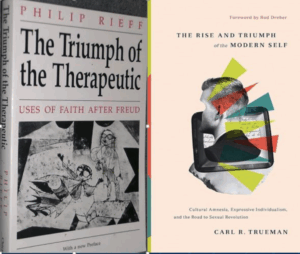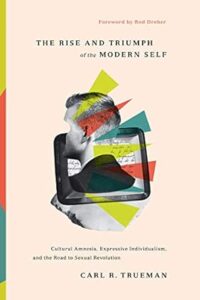
The Chinese New Year festival, being a spring festival, is naturally celebrated with renewed energy and fresh hope. The cold, dreary winter is behind us. The Year of the Horse symbolically augurs new opportunities, success and prosperity for the year ahead. “Time to blast fire crackers with eager anticipation!” This spirit of optimism is aptly captured in popular New Year greetings:
马到成功 (Mǎ dào chéng gōng): May success arrive as swiftly as a horse (Immediate success).
龙马精神 (Lóng mǎ jīng shén): Full of vigor and spirit like a dragon and horse (Vitality and strength).
一马当先 (Yī mǎ dāng xiān): May you take the lead and set the pace (To be first/forefront).
马上发财 (Mǎ shàng fā cái): May wealth come immediately (Get rich instantly).
However, these greetings and celebrations can evoke nostalgia and quiet melancholy in some older people. They cannot deny the fatigue that accompanies the fading vitality of their advancing years. Scripture captures this poignantly: Continue reading “Welcoming the Year of the Horse with Dim Eyes and Feeble Limbs”
 A “repetition” of the ancient path with Soren Kierkegaard.
A “repetition” of the ancient path with Soren Kierkegaard.

 In response to my earlier post on
In response to my earlier post on 



 Philosophical and Social Origins of Identity Politics and the LGBTQ Sexual Revolution. Part 3.
Philosophical and Social Origins of Identity Politics and the LGBTQ Sexual Revolution. Part 3. Philosophical and Social Origins of Identity Politics and the LGBTQ Sexual Revolution. Part 2.
Philosophical and Social Origins of Identity Politics and the LGBTQ Sexual Revolution. Part 2.